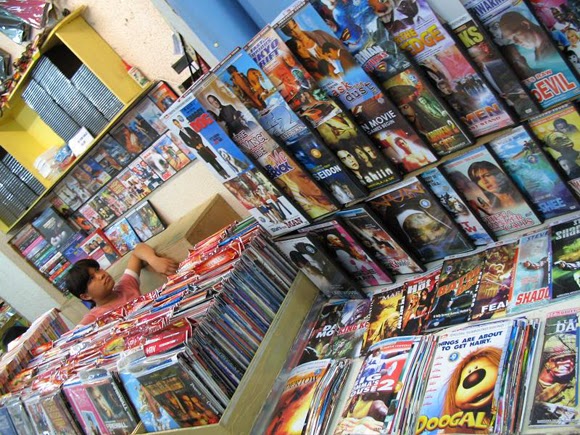The film industry has waged an uphill war against piracy for many, many years. Even in parts of the world with sub-par Internet access, physical piracy and reproduction of DVDs continue to dog Hollywood’s bottom line. But the continued spread of piracy in developing countries has an unusual cultural effect as well: bootleggers are becoming cultural gatekeepers.
A fascinating article from Vice details how Peru’s most active film pirates have become the country’s “culture dealers,” offering Peruvians access to thousands of films that not have seen international distribution or are otherwise difficult to get. Vice explains that slow Internet speeds in Peru hamper access to movies obtained through both digital piracy and legitimate channels. In that void, brick-and-mortar piracy has taken on a new life, leaving pirates to play the role of studios and sell films to the masses.
There are of course multiple sides to this story: many studios claim that these pirates have run them out of business, and the link between film piracy and gang activity is often very strong. Even so, it is fascinating to consider that for either distribution or competition reasons, piracy is often the only choice for millions of people to experience film.

